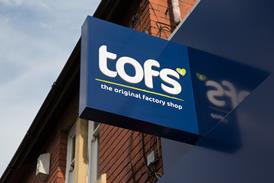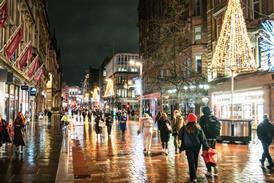The disruptors: Who will be the next Boohoo or Missguided?

Young fashion is the latest focus of Retail Week’s ‘The disruptors’ series, which looks at the businesses creating waves across the industry.
Retail Week takes a look at the businesses trying to disrupt the original disruptors. Could one of them be the next Boohoo or Missguided?
Already have an account? Sign in here

















